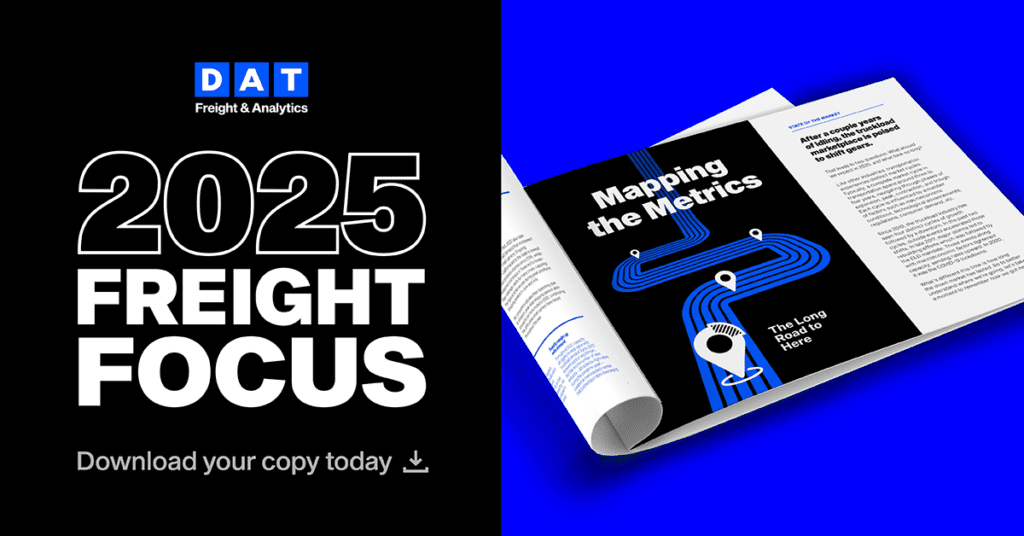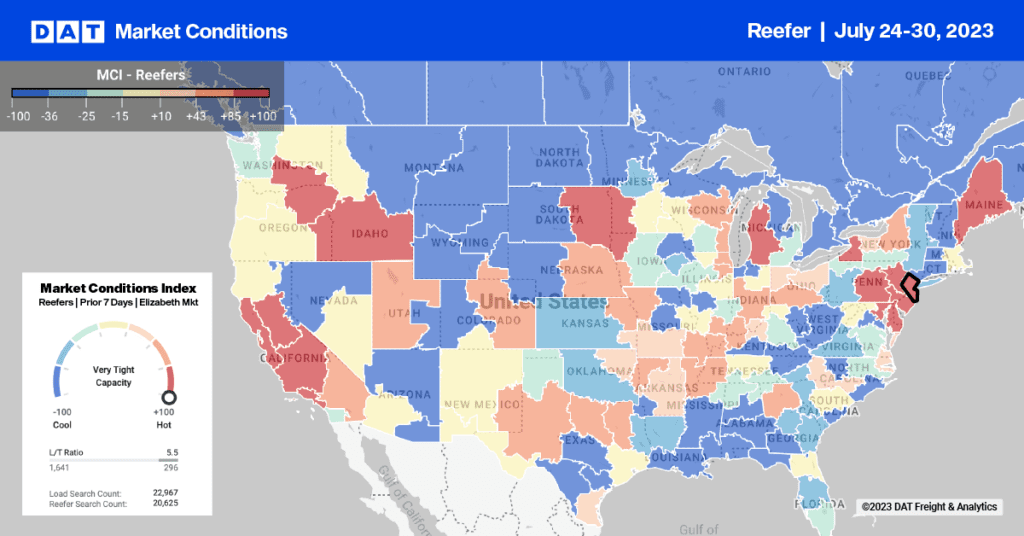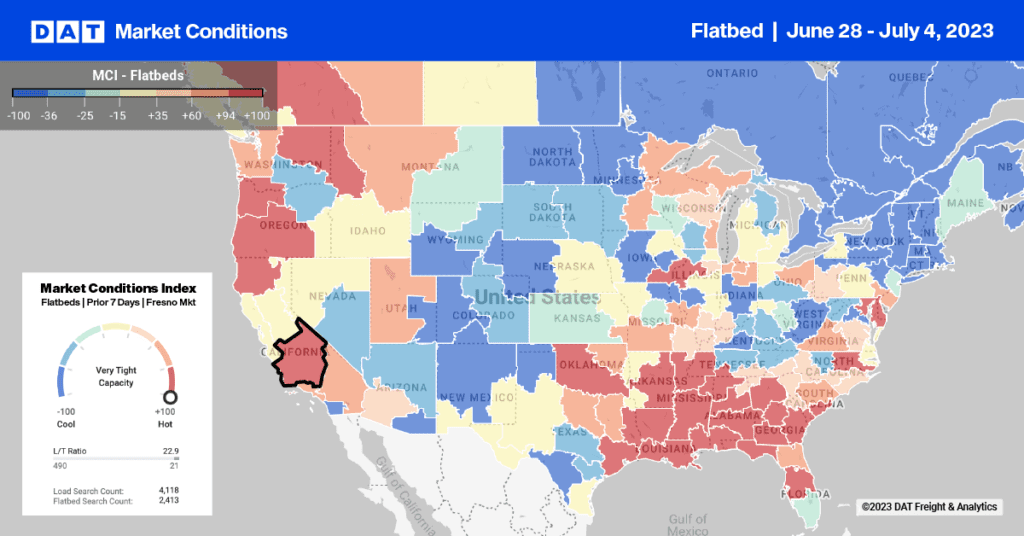At a meeting in March, Federal Motor Carrier Safety Administration (FMCSA) Administrator Anne Ferro told a group of transportation executives that proposed changes to the Compliance, Safety, Accountability (CSA) crash data will be postponed until further notice.
According to an article in Truckinginfo.com Ms. Ferro explained that safety advocacy groups raised questions that led her to reconsider an FMCSA plan that would allow carriers to petition for a review of any crash, including the carrier’s accountability. Currently a carrier’s Crash Indicator BASIC score is affected by any crash report involving the carrier’s truck, even if the truck’s driver was not at fault. In fact, if another vehicle crashes into the truck while it is parked, the resulting report is factored into the carrier’s Crash BASIC score.
Reports portray this issue as a conflict between safety groups and trucking industry groups, with Ms. Ferro stuck in the middle. According to Truckinginfo.com, the FMCSA faced objections from safety advocates when the agency presented its proposal at a Motor Carrier Safety Advisory Committee meeting. The proposal would have allowed carriers to submit police reports and assessments to the CSA data correction system, to address the issue of accountability for crashes. The safety advocates questioned the lack of comment from victims, witnesses, shippers and insurance companies.
Ms. Ferro, who was not at the meeting, is quoted in the article as saying “There’s nothing about this particular series of actions that was influenced by anybody other than me.” In other words, neither the safety advocates nor the trucking industry representatives had led her to suspend development of a crash review process.
The American Trucking Associations (ATA) offered a blunt response to the decision. In a separate article in Truckinginfo.com, ATA CEO Bill Graves is quoted: “By backtracking on their commitment to implement a crash accountability determination process in early 2012…FMCSA has bowed to anti-industry interest groups.” ATA believes in holding carriers accountable for preventable crashes, according to Graves, but objects to carriers being penalized under CSA for crashes it could not prevent. Examples include crashes caused when trucks are hit by drivers fleeing police or even going the wrong way on an interstate highway. Both of those scenarios have actually occurred, and the carriers took a hit to their CSA scores, as well as to their vehicles.
Currently, the crash indicator BASIC records are available only to enforcement officers and to the carrier. So the impact is felt, behind the scenes, by the carriers with non-preventable crashes that subject them to intervention from FMCSA. The FMCSA recommends training as a way to improve their ranking, but by definition, a non-preventable crash is one whose outcome would not be affected by training.
As with all things CSA, data issues matter. The FMCSA intends to eventually rate all carriers according to CSA data. Questions of crash accountability will need to be addressed before that day comes.


